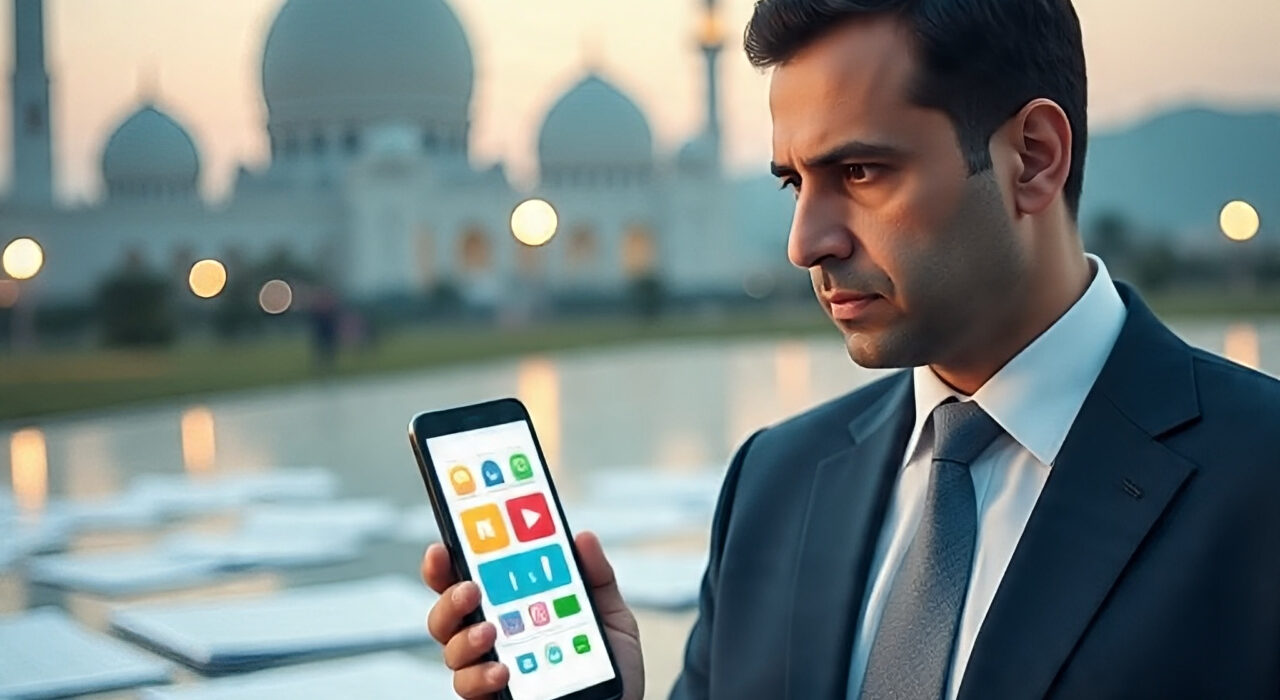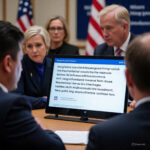Civil Servants’ Social Media Use in Pakistan: Blurring Neutrality, Fueling Personal Branding, Eroding Institutional Trust
Key Trends & Concerns
1. From Faceless Bureaucracy to Personal Branding
Historically, Pakistani civil servants were expected to be faceless and impartial. However, an emerging trend sees many cultivating personal brands through social media.
As one Dawn columnist warned: building a social media presence can overshadow public service priorities, divert focus toward fame rather than governance.
2. Official Restrictions vs. Contemporary Practice
Pakistan’s Government Servants (Conduct) Rules—stemming from as early as 1964—strictly bar civil servants from using social media without authorization or engaging in political or controversial topics.
In Khyber Pakhtunkhwa province, additional restrictions reinforce these limitations, forbidding officials from discussing government affairs on social platforms without prior approval.
3. Citizen Engagement vs. Self-Promotion
Some progressive officials, such as district commissioners, have used social media to serve citizens effectively—sharing updates, addressing public concerns, and launching innovations such as election violation reporting apps. Yet, without institutional guidance, these platforms can become arenas for self-promotion rather than public service. The lack of systemic support and clear norms means that popular civil servants risk being seen more as influencers than as dispassionate administrators.




